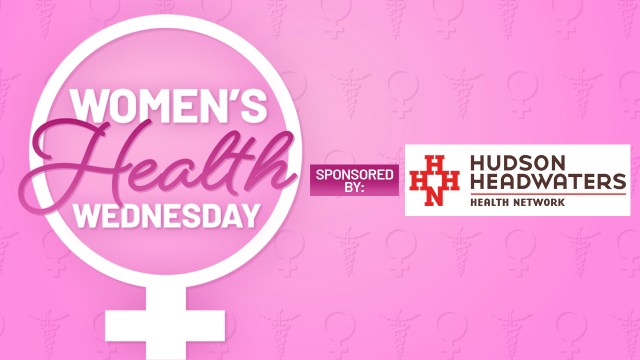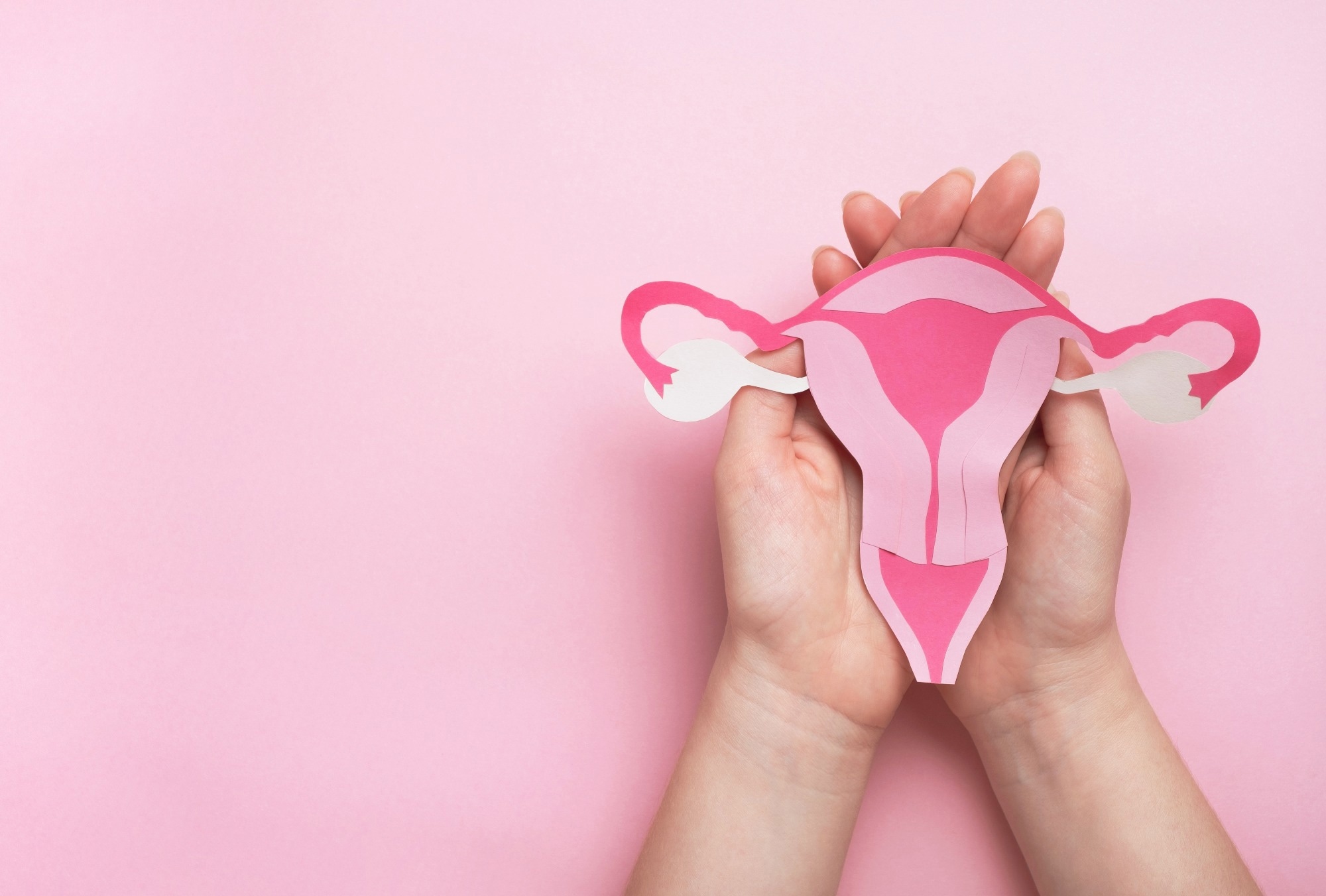
When it comes to women’s health, pregnancy care seems to get most of the attention. The average woman, however, spends most of her life—following the onset of menstruation—in a nonpregnant state. Women have unique health care needs, therefore, tied to menstrual-cycle, contraception and menopause concerns.
“Women’s needs have largely been ignored or not focused on historically,” said Bindu Shah, senior director, US Wellness Innovation for Haleon, a U.K. company with U.S. headquarters in Warren, N.J. “However, with the changing social backdrop of gender inclusivity and female empowerment [and] advances in science and technology, there is an increasing awareness of women’s health.”
That increasing awareness is leading not only to “more open consumer discussions” about menstrual health, menopause and other gender-specific health concerns, she pointed out, but also to more acceptance of these concerns on the part of society.
[Read more: Developments in digestive health]
“There is an increasing recognition that the impact on women’s health often has a cascading effect on children and older adults,” Shah added, noting that women are often caregivers.
What’s more, the COVID-19 pandemic prompted more women to make self-care a priority, said Brittany Dedman, head of Pamprin marketing for Chattanooga, Tenn.-based Focus Consumer Healthcare. In fact, approximately 25% of women are prioritizing their bodies’ natural processes now, post-COVID.
“Women are becoming more empowered to personalize their health and lifestyle and becoming more open to discussing it with others,” she said.
Thankfully, health care product companies have been listening to today’s women. They have been investing in innovation geared toward women’s unique health and wellness needs—beyond pregnancy care.
Minding the Cycle
According to the U.S. Office of Health & Human Services, the average woman experiences menstrual cycles for more than 40 years of her life. That’s a long period of time—and likely seems even longer to the many women who endure premenstrual syndrome (PMS), aches and pains and other challenges during their monthly cycle.
Recent innovations promise to help. For example, Bayer recently debuted Midol Heat Vibes for drug-free fast-acting relief from period-related back pain and cramps. As Kelly Fanning, general manager and vice president of the Whippany, N.J.-based Bayer Consumer Health/Pain division noted, women simply wear the heart-shaped disposable heat patches on the lower abdomen or lower back, underneath clothing, to get relief for up to eight hours. They can be used in addition to other medicinal or non-medicinal options.
For its part, Focus Consumer Healthcare is launching the Pamprin Botanicals Don’t Cramp My Style dietary supplement. Dedman said it helps treat PMS, as well as other period-related symptoms.
[Read more: Challenges to addressing health equity]
“We’ve developed a holistic approach to managing your period by treating the underlying symptoms while also masking more severe symptoms, if needed,” she said. “Our medicinal products, like Pamprin Multi-Symptom, stand well alone but also can be used in combination with the Pamprin Botanicals [Don’t Cramp My Style] supplement to take care of all symptoms in an empowering, just-for-you way.”
Fanning added that earlier innovations, too, can help women navigate their menstrual cycle challenges.
“We have a whole new generation who has not been exposed to our tried-and-true Midol products,” she said.







